The decision to disarm Hezbollah in Lebanon is not merely a sovereign measure or a reaction to external pressures. It represents a deep political turning point between the logic of the state and that of militias, between unified sovereignty and the unchecked power of arms, between a possible Lebanon and a Lebanon held hostage.
Since the Taif Agreement, Hezbollah’s weapons have remained a suspended issue amid fluctuating regional balances and internal-external support intersections. However, the recent war waged by Hezbollah militias against Israel, which caused massive destruction, bloodshed, and significant human and military losses, has shaken its structure and overturned the equations it relied on. Its capabilities have declined, its influence network eroded, and it can no longer impose its conditions as before, neither inside nor outside the government.
The Lebanese government’s decision to task the army with developing an executive plan to confine weapons to official institutions is not just a declaration of intent. It is a real turning point in the Lebanese scene, as for the first time, militia weapons are included in an official negotiation context led by the state, supported by influential international powers, and based on the latest ceasefire agreement with Israel, sponsored by the United States. The swift French and American welcome of the decision reinforces the increasing international dimension in this direction.
However, despite its boldness, the decision faces challenges. Hezbollah militias, backed by Iran, have outright rejected it, considering it a national sin. Notably, the Iranian foreign minister quickly declared his country’s full support for Hezbollah’s decisions, affirming that any decision regarding its weapons “belongs to it alone.”
Is it legitimate for a foreign state to grant or deny sovereignty issues concerning Lebanon alone? How can the respect for Lebanese sovereignty be discussed when its defense decisions are seized from outside its borders? The stark contradiction between Tehran’s declaration of non-interference and its provision of “sovereign cover” to armed militias raises serious questions about the nature of the relationship between the Lebanese state and its supposed allies.
It is clear that the deterrence balance has changed, and the international community is actively pressuring to end the security anomaly represented by Hezbollah militias inside Lebanon. The international consensus supporting state sovereignty, repeated reports on Hezbollah’s losses and destruction of its military arsenal, and even some circles’ talk about handing over its strategic weapons in exchange for political and security arrangements confirm that Hezbollah is in a negotiating position, not a “combat” one.
Lebanon, seeking a way out of economic collapse and political division, needs a comprehensive sovereign decision to restore the logic of the state and the will of its institutions. No weapons above legitimacy, no force outside the law, no partnership with those who wield arms at will and paralyze the country whenever they wish.
The path may not be easy and may face attempts at circumvention and threats, but the unfortunate alternative is Lebanon remaining a permanent battlefield for others’ wars.
The opportunity available today in Lebanon is not to weaken a sect or target a political party, but to build a cohesive Lebanese state where all are equal before the law, and weapons are confined to its legitimate institutions alone. If the government succeeds in this mission, it will not only disarm but also restore to the Lebanese a part of their homeland that has been confiscated for decades.




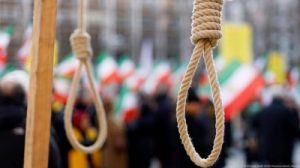
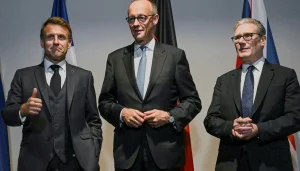
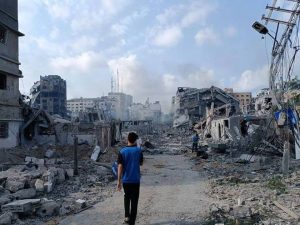
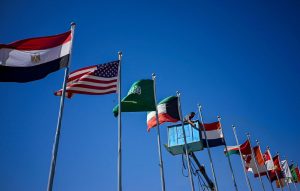
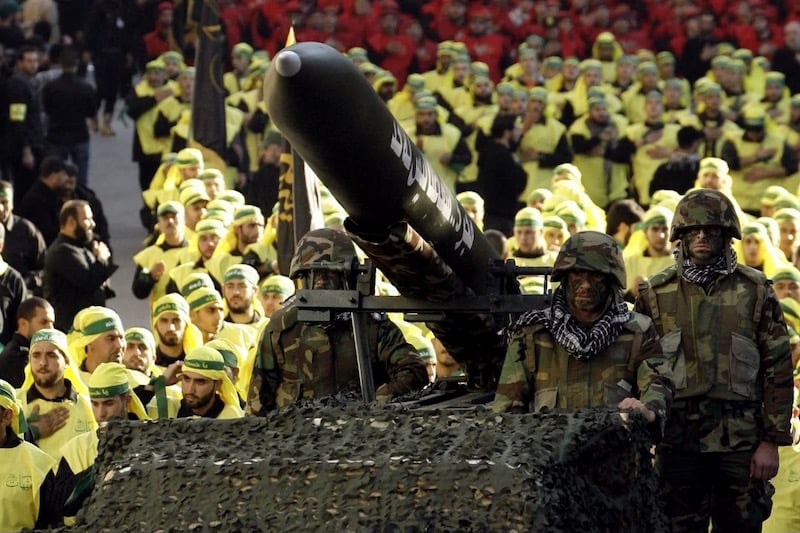




Recommended for you
Talib Al-Rifai Chronicles Kuwaiti Art Heritage in "Doukhi.. Tasaseem Al-Saba"
Exhibition City Completes About 80% of Preparations for the Damascus International Fair Launch
Unified Admission Applications Start Tuesday with 640 Students to be Accepted in Medicine
Egypt Post: We Have Over 10 Million Customers in Savings Accounts and Offer Daily, Monthly, and Annual Returns
His Highness Sheikh Isa bin Salman bin Hamad Al Khalifa Receives the United States Ambassador to the Kingdom of Bahrain
Al-Jaghbeer: The Industrial Sector Leads Economic Growth